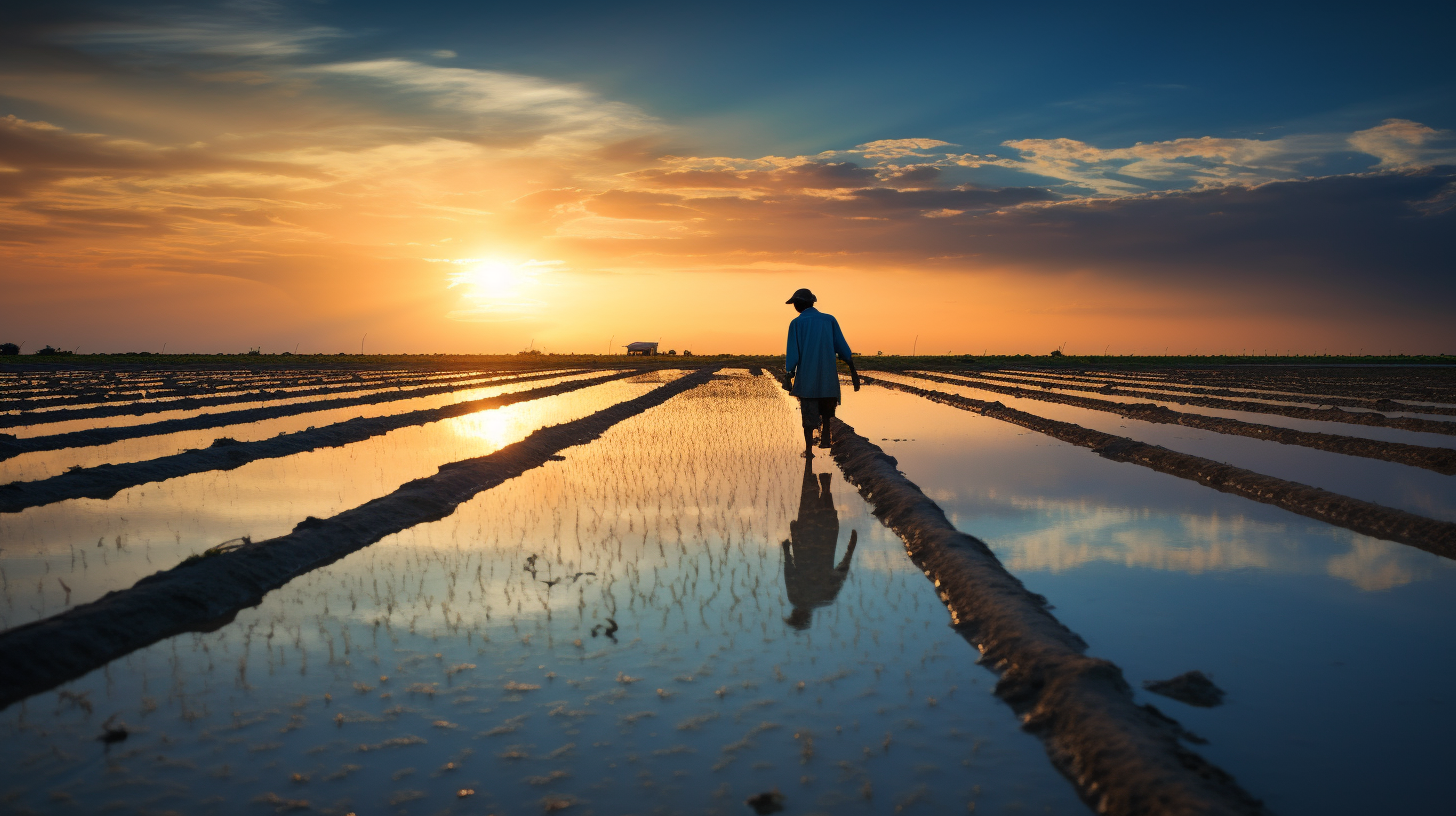In an era where the very ground beneath farmers’ feet forsakes them, one might wonder what alchemy could turn the saline-soaked soil into thriving croplands. This is the bleak backdrop against which the crusade for salt-tolerant crops marches, heralded as a possible beacon in the tempest that is our environmental predicament.
Once regarded as outliers in agronomy, halophytes – plants that flourish in salty environments – have become the torchbearers for agricultural salvation. Across the globe, as fields and deltas bear the brunt of rising seas and salinization, the quest to transform these plant species into viable food sources is perhaps the last stand against malnutrition and food scarcity.
But can these saline-affronting plants, from quinoa’s salt-kissing cousins to genetically modified salt-seekers, truly reshape or even sustain our food systems? Or are we merely sewing seeds into the wind of a storm too ferocious to tame?
The Wilt of Tradition, The Rise of the Resilient
Traditional farming narratives often depicted an Eden-like tapestry, bounteous and ever-giving. Yet, our realities are starkly different. As examined in our previous article ‘Drowning Harvests – The Agony of Sea Level Rise on Agrarian Societies’, verdant fields now lay submerged under the relentless advances of saltwater, transforming them into barren seascapes.
Despite this, farmers are embracing the grueling work to transition from conventional crops to perennials that can withstand or thrive in salinity. Pioneers in this crusade have opted for ancient grains that are being resurrected from the chronicles of time or exploitative adaptations of rice, which now holds promise in salty soils.
Consider the insights of Dr. Iona Halophyte, a plant scientist who confronts the dilemma head-on: “We’re not dealing with a choice but a necessity. Salt-tolerant crops are a contingency plan, not a panacea. But with no plan B, this is our best bet against the tide.” Her realism is sobering; it’s not about preventing the flood — the flood is here.
Genetic Frontiers: Breeding Salt Out of the Equation
The scientific community is toiling in genomic trenches, attempting to create or identify varietals of staple crops with enhanced salt tolerance. Genetic modification presents an avenue filled with both possibilities and pitfalls. Can we permanently bypass the natural selection process and craft crops that could grow in lands abandoned by freshwater?
Although such questions veer into moral territories, the de facto disarray of our environment might have already answered them for us. The implementation hurdles, from socio-economic impacts to regulatory battles, cannot outweigh the stark reality of hunger that looms over humanity.
A Future Marinated in Salinity
As we prod the potential of halophytes and genetically modified crops to herald in a new era of food security, we must also acknowledge that they are symptomatic treatments to the wounds we’ve inflicted upon the Earth. If agriculture is to evolve from the creeping salinity, it would require a seismic shift not only in farming practices but in global consumption patterns and attitudes towards food.
The clock ticks with relentless precision; fields do not wait for us to decide. As Dr. Halophyte puts it, “We’re writing the manual on salt-tolerant agriculture as the farm dissolves beneath our feet.” Whether salt-tolerant crops will be our saving grace or just a footnote in history remains tangled in uncertainty.
Xeriscapes of Hope or Deserts of Despair?
The narrative ahead is unwritten, and while we speculate on the ability of salt-tolerant crops to save our food systems, we must not overlook the underlying thematic crisis of our times: the relentless march of climate change and environmental decay.
In the shadow of this persistent threat, seeds of halophytes are both a testament to our innovative spirit and a somber reminder of the world we are rapidly crafting – a world where ingenuity is a survival skill, not a luxury.
Whether these saline futures are lush xeriscapes of hope or deserts of despair dotted with the green mirages of engineered crops, one thing is clear: The agricultural odyssey ahead is as much about science as it is about philosophy, prompting reflection on what it truly means to sustain life on an ailing planet.
